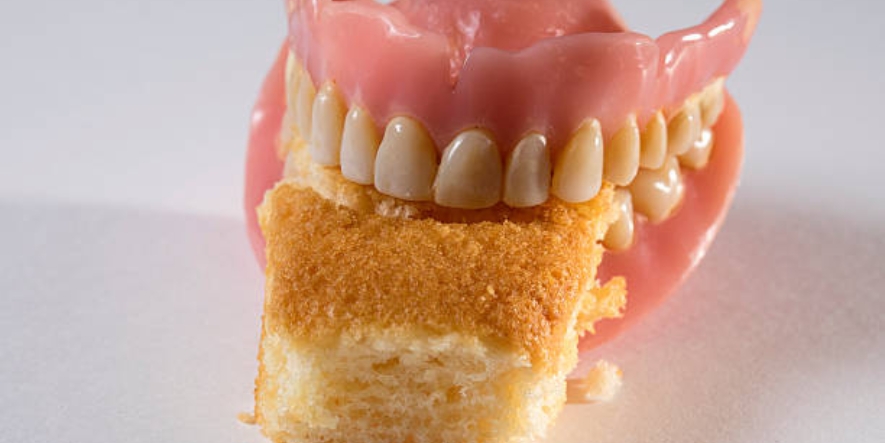Soft foods to eat after oral surgery are crucial for ensuring a smooth recovery. Whether you’ve undergone wisdom tooth removal, gum surgery, or other oral procedures, eating the right foods can help prevent unnecessary pain, speed up healing, and promote comfort. After surgery, your mouth is often swollen, sore, and sensitive, making it difficult to eat regular foods. Soft foods are a gentle way to nourish your body without aggravating the surgical site.
Table of Contents
In this article, we’ll explore the best soft foods to eat after oral surgery, foods to avoid, and tips for maintaining proper hydration and nutrition during your recovery.
Best Soft Foods to Eat After Oral Surgery
When recovering from oral surgery, it’s essential to focus on foods that are soft, smooth, and require little to no chewing. These foods should be easy to digest, not cause irritation, and help soothe your mouth and gums. Here’s a list of the best soft foods to eat after oral surgery:
- Mashed Potatoes & Sweet Potatoes: Both mashed potatoes and sweet potatoes are incredibly soft and easy to eat. They are comforting, soothing, and can be flavored according to your taste with butter or cheese.
- Yogurt (Plain or Greek): Yogurt is soft, cooling, and filled with probiotics that can help in digestion and recovery. It also offers a good source of protein and calcium for healing.
- Smoothies & Protein Shakes: Blended smoothies with soft fruits like bananas and berries are easy to consume and provide hydration. You can also add protein powder or Greek yogurt for a more filling meal.
- Scrambled Eggs: Soft, fluffy scrambled eggs are high in protein and easy to chew, making them an ideal option for your recovery period.
- Applesauce: Smooth, unsweetened applesauce is a great snack that provides hydration and essential nutrients without putting strain on your mouth.
- Oatmeal or Cream of Wheat: Soft and soothing, oatmeal is a great way to get a warm, comforting meal. You can add honey or soft fruits for added flavor.
- Blended Soups: Pureed soups, such as tomato soup or creamy vegetable soup, provide essential nutrients and are easy on the gums. Ensure that the soup is cool enough before consuming.
- Cottage Cheese or Ricotta: Soft cheeses like cottage cheese or ricotta are easy to chew and provide calcium, which is essential for bone and tooth recovery.
Foods to Avoid After Oral Surgery
Certain foods can hinder your recovery process and cause unnecessary irritation to your gums. Here’s a list of foods to avoid when you’re recovering from oral surgery:
- Crunchy or Hard Foods: Foods like chips, nuts, or raw vegetables can scratch or irritate the sensitive tissues in your mouth. Hard foods can also cause discomfort or damage to the surgical site.
- Spicy Foods: Spicy foods can cause a burning sensation and irritation in the healing tissues, leading to discomfort and delayed healing.
- Acidic Foods: Citrus fruits, tomatoes, and vinegar are acidic and can sting or irritate the surgical site.
- Hot Foods & Drinks: Extremely hot foods and beverages can increase inflammation and prolong the healing process. Stick to lukewarm or cold foods during the initial recovery phase.
- Alcohol: Alcohol can dry out your mouth, impair healing, and cause inflammation. It’s best to avoid alcohol during your recovery period.
Hydration During Recovery
Staying hydrated is crucial after oral surgery, as it aids in the healing process and helps prevent dehydration. Drinking plenty of fluids also helps keep your mouth moist and supports the function of your saliva, which helps with digestion and preventing infections. It’s best to opt for cool or room-temperature drinks to avoid irritation.
While it’s important to stay hydrated, you should avoid drinking from a straw, as the suction can dislodge the blood clot and lead to a painful condition known as dry socket. Instead, drink directly from a glass or cup.
Nutritional Considerations
Post-surgery, you’ll need to ensure that your meals are nutrient-rich to support your body’s healing process. Soft foods can still be packed with nutrients if you choose wisely. Here’s a breakdown of important nutrients to focus on:
- Protein: Protein is essential for healing tissues and cells. Eggs, yogurt, and soft fish like salmon are great sources of protein that are gentle on your healing gums.
- Calcium: Calcium helps with bone healing. Foods like yogurt, cottage cheese, and soft leafy greens like spinach are rich in calcium.
- Fiber: While fiber is crucial for overall health, you may need to focus on soft fiber sources after surgery, such as well-cooked oatmeal, mashed sweet potatoes, and smoothies with added fruits and vegetables.
- Vitamins: Vitamin C is crucial for tissue repair, and you can find it in soft fruits like bananas, peaches, and smoothies. Additionally, vitamin A is important for healing, and soft foods like sweet potatoes and carrots can provide this essential nutrient.
How Long to Follow a Soft Diet
The duration for following a soft diet depends on the complexity of your oral surgery and how quickly you heal. For minor procedures, you may return to a regular diet in a few days. However, for more complex surgeries, like wisdom tooth removal or gum grafts, it’s recommended to stick to a soft food diet for at least a week or two. Always follow the instructions provided by your dentist or oral surgeon to ensure proper healing.
Conclusion
Choosing the right soft foods to eat after oral surgery can speed up your recovery and reduce discomfort. The foods mentioned above are gentle on your gums while providing essential nutrients to aid healing. Avoiding certain foods and maintaining proper hydration will also ensure a smoother recovery. Always listen to your body, and if any food causes irritation, stop eating it immediately and consult your doctor. With proper care and attention to diet, your oral surgery recovery can be smooth and successful.
